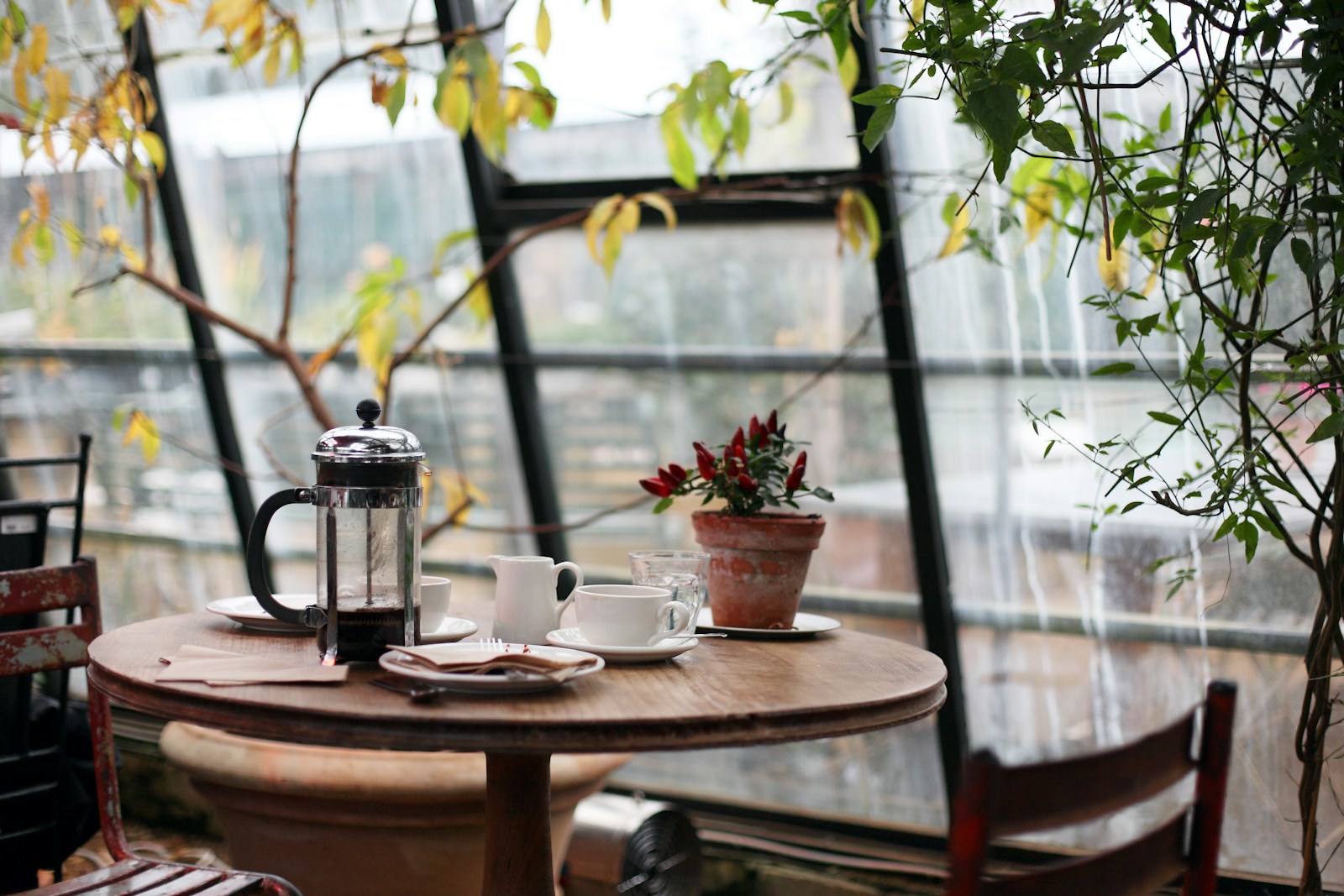Coffee, a beverage cherished by millions worldwide, transcends cultural and linguistic barriers, functioning as a universal language that fosters connection and community. From the bustling cafés of Paris to the vibrant street markets of Bangkok, coffee serves as a daily ritual and a symbol of social interaction and hospitality.
Throughout history, coffee has played a pivotal role in various societies. In the 15th century, it emerged in the Arab world, where it was consumed in coffee houses known as Yahweh Khanh, establishing venues for intellectual discourse and artistic expression. This tradition has persisted, evolving into a modern coffee culture emphasizing shared experiences over a cup of this rich concoction.
In contemporary society, coffee’s significance extends beyond mere consumption. It parallels global trade, with millions of individuals engaged in producing, distributing, and retailing coffee beans. Countries such as Brazil, Colombia, and Ethiopia are celebrated for their unique coffee varieties, each with distinct flavors that reflect their regional terroir. This diversity contributes to a rich tapestry of global coffee culture, inviting enthusiasts and casual drinkers to explore different blends and brewing methods.
Moreover, the language of coffee is characterized by its ability to bridge gaps among diverse communities. Coffee shops serve as gathering places for people from all walks of life, encouraging dialogue and fostering relationships. Sharing a coffee can symbolize warmth and friendship, reinforcing that, irrespective of language or background, the enjoyment of coffee can unite us all.
In conclusion, coffee is more than just a beverage; it is a global language that transcends geographical boundaries and cultural differences. As we sip our cups of coffee, we partake in a shared legacy that celebrates connection, tradition, and the simple pleasure of a moment spent together.
